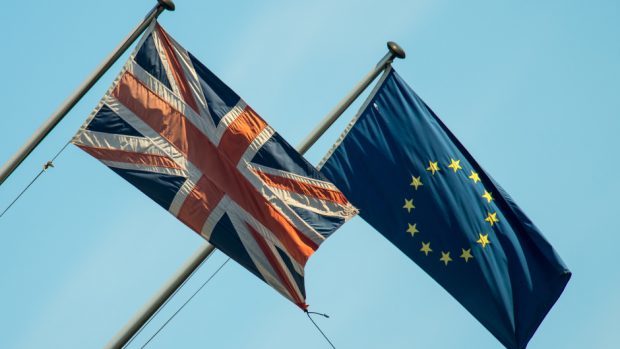Some people will feel vindicated by yesterday’s Supreme Court judgment, but few will be very surprised.
The question was easily stated.
The government makes or breaks treaties, but it’s parliament’s job to change the law.
So what happens if changing a treaty changes the law? Is parliament just dragged along behind, or does it have to be involved upfront.
Upfront, says the Supreme Court. It’s surprising parliament hadn’t already decided that for itself.
Parliament gets a voice, but no one expects it to reject the referendum.
It will challenge the government’s Brexit plan, and might put some limits on it.
The House of Lords especially will give the government a hard time, but they too will accept the outcome.
We learnt more about government plans last week, but big uncertainties remain – will there be a customs border with the EU, or what happens if the EU won’t accept Mrs May’s ambitions on trade? Plenty to scrutinise.
As for Scotland, not even the SNP said the Holyrood Parliament should be able to veto Brexit.
But they want a say – to be consulted – and point out the Scottish vote was different.
The Supreme Court concluded consulting Holyrood was a political requirement, not a legal one.
It’s none the less pressing for that, of course, as there are huge political issues at stake.
Mrs May is already talking to the Scottish Government, but she won’t agree all their demands.
Certainly not the notion that Scotland can stay in the European single market when the UK leaves.
What will Ms Sturgeon do? She edges ever-closer to another independence referendum, though her supporters may be asking what more it takes before she finally demands one now.
But she needs Westminster agreement to hold one.
Mrs May might agree, or think we’ve all had enough of referendums.
